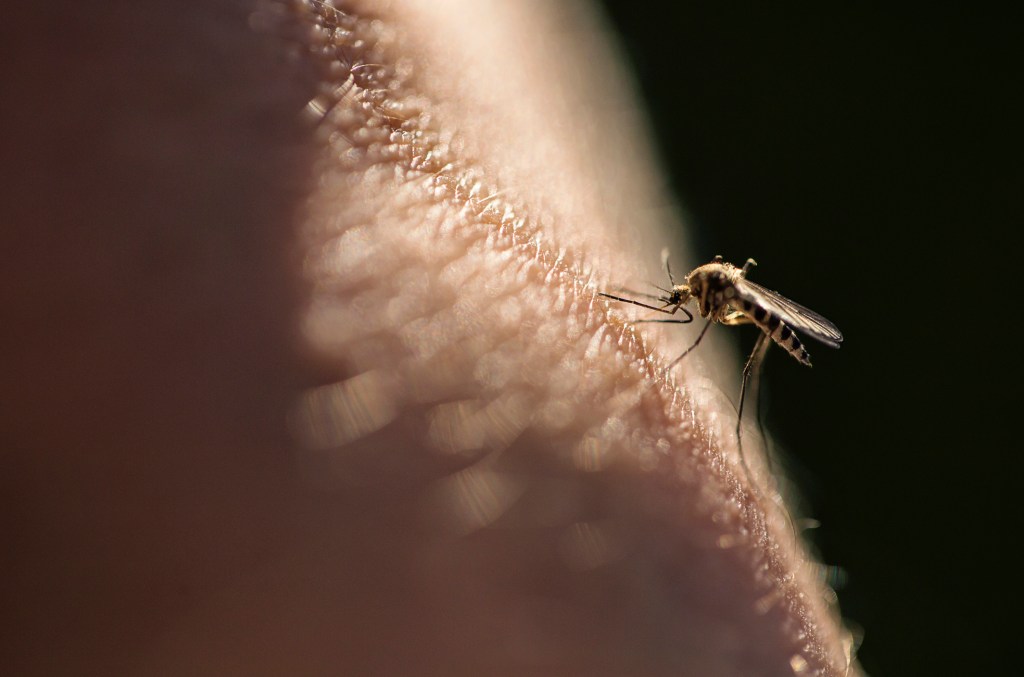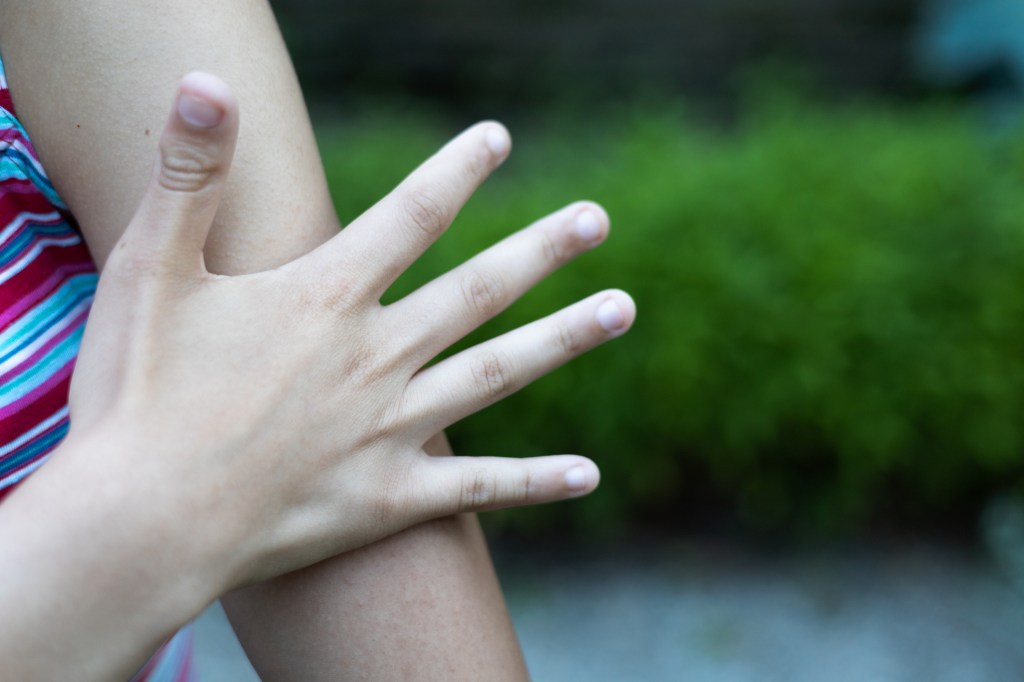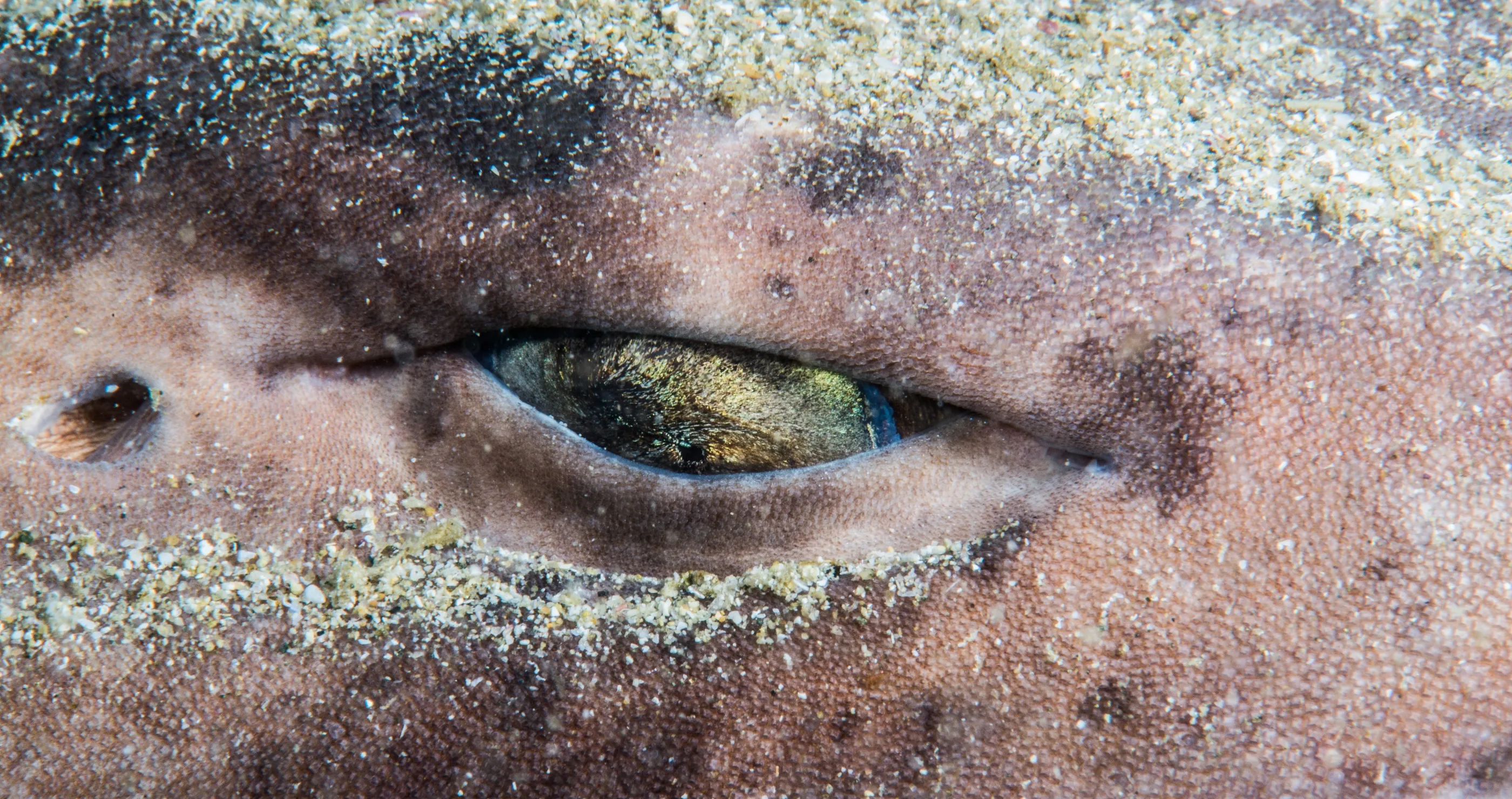

The only thing worse than having bugs swarm your outdoor festivities and drive you inside is the itch you’re left with after getting eaten up.
Videos by Outdoors
We’re not talking a little tingle after you feel the mosquito, ant or other creepy crawly bite—we’re talking about that relentless itchiness that keeps you up at night and makes you scratch yourself raw.
Then of course, the more you claw at it, the more the bite itches. That’s because you’re stimulating the nerve endings every time you go in, explains Suzanne Friedler, MD, board-certified dermatologist with Advanced Dermatology PC.
Now, some people are more prone to getting bit by bugs—and some people have a stronger reaction to bites depending on their biochemistry, explains Miami-based Anna Chacon, MD, a board-certified dermatologist.
But additionally, some bug bites just itch more depending on the amount and type of venom the insect injects into the skin, Dr. Friedler adds.
Luckily, there are a handful of ways to stop the itch.

Cool it off
Providing a cooling effect can help reduce inflammation as well as the sensitivity of your nerve endings—remember, that’s what makes it itch more every time you scratch. On a basic level, both docs recommend using an ice pack on the worst bites as needed. This’ll provide relief and reduce swelling.
Additionally, Dr. Friedler’s go-to for itch relief is a topical anesthetic, like Lidocaine or Pramoxine, which creates a cooling sensation. You can also use aloe or chamomile for the same effect Bonus tip: Dr. Friedler likes to keep the aloe in the fridge so it provides extra cooling relief.
Reduce the inflammation
A cold compress can also help lower inflammation, but your best bet to battle redness and swelling is a hydrocortisone cream, Dr. Friedler says. This can be easily purchased over-the-counter at any drug store, and it’ll help reduce the itchiness, too.
Use oatmeal or vinegar in a pinch
If you can’t get to the store (say, in the middle of the night), raid your pantry for relief. “Because oatmeal has unique components with anti-irritant properties, it helps reduce swelling and irritation,” says Dr. Chacon. Create a paste with equal parts quick-cook oats and warm water in a bowl; it should resemble spackle, she says. Then, spread it over the itchy area and place a damp cool washcloth over top to hold it on for about 10 minutes. Rinse the area afterward with cool water.
Alternatively, vinegar can help reduce the burning and stinging sensation and acts as a disinfectant if you’ve been itching a lot, Dr. Chacon adds. Soak a washcloth in equal parts cold water and vinegar and then lay it over the affected area for a few minutes.

Take an oral antihistamine
For some people, part of what causes the elongated or heightened reaction to a bug bite is an allergy, explains Dr. Friedler. Taking an over-the-counter oral antihistamine, like Benadryl, can help quell a low-grade allergic response.
Look for signs you need medical attention
Some people are more highly allergic to bug bites than others, Dr. Friedler says, so if you see any signs like excessive swelling, skin rashes or hives, call your dermatologist or, with extreme symptoms like shortness of breath or dizziness, go to urgent care or the ER right away.
Same goes for if you’ve been stung or bitten near your eyes, mouth or in your throat, Dr. Chacon says, as these areas are more susceptible to more severe or risky reactions.
Bugs can also introduce bacteria, so you’ll want to monitor for signs of infection. This typically looks like honey-colored crusting where the bite occurred or if the skin feels excessively warm to the touch, Dr. Friedler says. If you experience any of these reactions, seek medical attention.
Finally, if the itching doesn’t improve within a few days, call your doctor or dermatologist for that, too.











Pingback: Do You Plan Hikes While Traveling? Some Tips for Staying Safe | Ordinary Chaos
Pingback: Do You Plan Hikes While Traveling? Some Tips for Staying Safe – TravelAwaits – FlashFeed Online: Breaking News at Your Fingertips